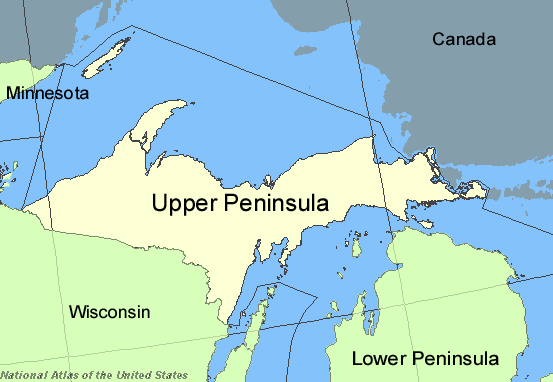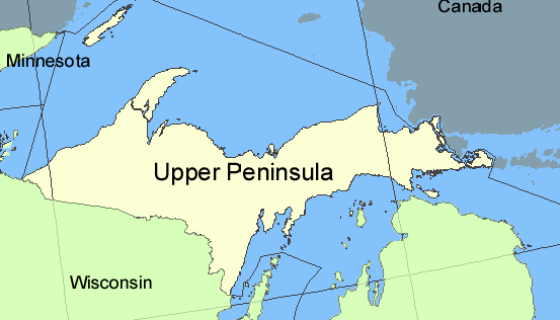
The Upper Peninsula of Michigan is a largely rural area of the state not immediately known for its connection to African-Americans. However, the region boasts of a link to the Black community that stretches back to slavery.
The U.P., as it is commonly referred to, is the northern end of the two peninsulas that make up Michigan. Just across Lake Superior to the north is Ontario, Canada and to the west, the state of Minnesota. While the U.P. wasn’t an official part of the Underground Railroad in many respects, the area was a preferred destination for Blacks escaping the clutches of slavery. Because trains didn’t travel to the region, slavers looking to recapture fugitive slaves were not often successful.
In the 1860s, over 150 Black people lived across the U.P. and put down roots. One of the area’s most notable destinations is Gaines Rock. The location is a rocky plot of land that juts out to Lake Superior. William Washington Gaines, a former slave, and his wife moved to the town of Marquette after leaving Virginia. At the turn of the century and beyond, Gaines Rock served as a haven for vagabonds and others with no place to go.
Like the Gaines, many of the U.P. Black families came from Virginia, Georgia and other parts south looking for new opportunities. According to reports, the first hotel to open on the tourist location Mackinaw Island was owned by a Black family.
Charlotte Preston, a daughter of a Jamaican man who emigrated to U.P., was one of the first students to attend what is now known as Northern Michigan University. Charlotte’s sister, Bessie, graduated from the school after her sister died. Bessie Preston went on to teach for a year at Tuskegee Institute in 1903, just ahead of her death.
Several Black families of the U.P., including the Gaines, Kenny and Jeffrey clans, all found success in small businesses such as barber shops, farm lands and other endeavors. Because of the extreme weather conditions of hot summers and brutal winters, many of the descendants of these families went on to establish themselves in the North as segregation and integration became more of a reality.
Blacks weren’t enslaved in the areas as the colonists and invaders, most especially the French, enslaved Native Americans instead.
Several books and research papers have been released about the U.P.’s history in this regard over the years.
PHOTO: National Atlas of the U.S.


















